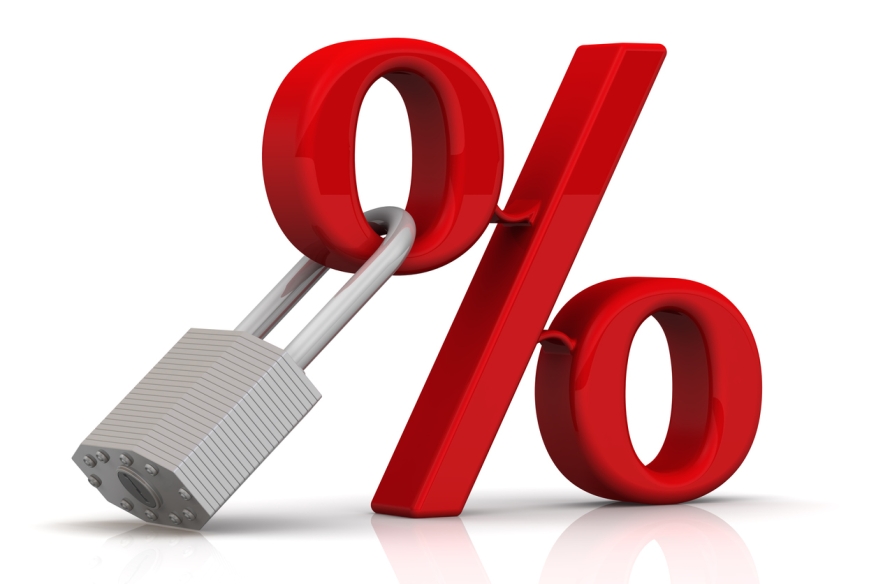
Mortgage Rate 'Lock-In Effect' Only Partly To Blame For Decline In Home Listings

Fannie Mae survey reveals a blend of financial and non-financial factors behind homeowners' decisions to stay put, with aging-in-place and home attachment also playing pivotal roles.
In an unforeseen aftermath of the policy response to the COVID-19 pandemic, mortgage rates saw a remarkable dip, enabling millions of homeowners to refinance their mortgages at notably lower rates. This, coupled with evolving housing needs, led to a 14% surge in home sales from 2019 to 2021, a stark contrast to the 1% increase recorded from 2018 to 2019.
However, 2022 witnessed a twofold increase in mortgage rates, prompting consumers to pull back on home purchases and causing home sales to plummet by nearly 18% year over year. As of August 2023, existing home sales continue to lag, plunging from an annualized peak of 6.6 million units in January 2021 to 4 million units. The existing homes available for sale hovered around 1.1 million, marking a 40% drop compared to pre-pandemic levels in August 2019.
Analysts have often pointed to the mortgage rate "lock-in effect" as a key reason behind the slump in home listings, with existing homeowners reluctant to sell due to their current mortgage rates being substantially lower than market rates.
A national housing survey by Fannie Mae conducted in the first quarter of 2023 set out to explore this phenomenon. The results uncovered that both mortgage borrowers and outright owners (29% each) plan to stay in their homes longer than initially planned. While 21% of mortgage borrowers cited the lock-in effect as the main reason, other factors were close contenders, such as a preference for their current home (19%) and high home prices dissuading buying another property (13%).
Contrary to expectations, the survey revealed that only a subset, equivalent to 6% of all mortgage borrowers, intended to prolong their stay due to the lock-in effect. A variety of reasons, both financial and non-financial, seemed to influence the decision. When combining "yes" and "maybe" responses, 54% of mortgage borrowers indicated they might stay longer, and 62% of those acknowledged that a low mortgage rate was just one of several considerations.
Nearly half of the mortgage borrowers reported no change in their intended stay duration. The survey concluded that while the lock-in effect is a factor, it is only one of several reasons contributing to the historic low supply of existing homes for sale. Other considerations include satisfaction with the current home, proximity to family and job, and the desire to age in place, especially among the Baby Boomer generation.
Moreover, the COVID-19 period saw many investing in home renovations, potentially increasing their attachment to their current residence. Generational shifts and a general decline in consumer mobility from 16.8% to 12.6% from 2006 to 2022 also play a role in the reduced listings.




